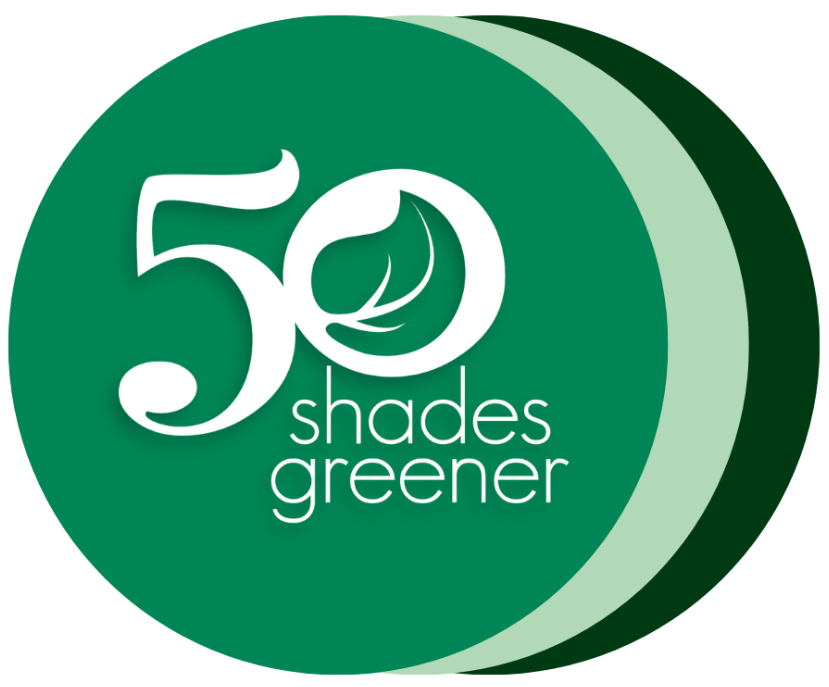Tetra, Glass or Plastic - Which is best?
Jun 14, 2021This is difficult to determine, because there is more than one issue at stake.
In terms of Co2 emission at the production stage, Tetra Pak cartons are the winner, followed by plastic, then aluminium, and surprisingly then glass is the worst.
Glass is the highest producer of carbon emissions because of what energy is required to produce it BUT if you are reusing the glass bottles, their shelf life is much greater than the other materials, and so it could be considered a more sustainable product.
In terms of plastic pollution and the ability to do closed loop recycling, glass and aluminium are the winners. And as you recycle them more times, their carbon emissions start to fall back down towards cartons and plastic. As per Ethical Consumer, it depends on how the item is going to be used and then disposed of.
Some are better in terms of their carbon emissions and others tie into the closed loop of reuse/recycling and affecting waste output.
Glass and Aluminium
- They can be recycled multiple times.
- When recycled they are turned into the same thing to be used again for the same purpose.
- Glass is also heavier/bulkier - which affects how it is transported and so increasing its carbon footprint because of the logistics in its transportation to its destination.
- Aluminium then, is lightweight, less bulky and far easier to transport.
- Aluminium is also more likely to be recycled than most materials and used again for its intended purpose.
- However it also requires a lot of energy to be produced but this carbon footprint is driven down due to it being closed loop and lightweight.

Tetra
- This is made primarily in Sweden, which is an issue in itself because of the airmiles to get it to its destination.
- It is made from 75% card but it also comprises of plastic and a thin layer of aluminium.
- It is unfortunately much less likely that Tetra will be recycled as opposed to glass or aluminium cans - in fact only 26% of tetra is recycled around the world.
- It isn't a closed loop in that when it is recycled, it isn’t made again into a carton but instead used for construction material.
- It is lightweight and easy to store and so transportation is easier and less trucks needed to transport - space efficient etc.
- Less energy is required to produce it from the offset.
“According to the Tetra Pak website, it’s 100% recyclable. The problem is, it’s 100% recyclable only when you send it to recyclers with the machinery to handle them. Unfortunately, not every recycler has the ability to recycle cartons.” (Source)
“I think the most ideal packaging changes depending on the situation. A product in a glass jar packaged in a factory near you likely has a lower carbon footprint than a product in a Tetra Pak carton flown in from the other side of the earth.” (Source)
Plastic
- This is made from a non-renewable resource.
- Bioplastics are an option, such as PLA, however the amount of land use and fertilizer pollution is an enormous environmental concern.
- Over 2/3rds of plastic waste is sent overseas to be recycled and this is extremely problematic as has been highlighted in recent years when South East Asian countries and China, withdrew their service of accepting and dealing with OUR waste from Europe.
- 40% of plastic bottles never get recycled and in fact, will remain in our environment without breaking down.
- The majority of plastic can’t be reused because sterilization causes it to break down.
Having checked these facts, it is up to each of us to make a decision as to what materials we want to use in our daily lives. For me personally, glass and cans are the winner.
Glass that is reusable and not single use – cans for single use needs.
Belu Water is a UK company who are completely sustainably driven and so to reduce their air miles completely, they only operate within the UK unfortunately and they also only use UK made lightweight thin glass for their products.
However the product they encourage customers (Hospitality) to use is their filtration system as this reduces your impact significantly by providing a still/sparkling option.
It is not harmful to the customer due to the state of the art filtration systems available to hospitality businesses nowadays.
Although an initial capital investment is required for such a filtration system, a business really needs to work out how they are currently benefiting from ordering and selling products such as plastic bottles of water. They still cost money - and they are detrimental to our environment.
I hope I have not confused you more with this piece!
And if you want to learn more about sustainability for your personal life or for your workplace/ career please book a discovery call with one of our experts HERE
Thank you for reading today.
The FSG Team. 💚



